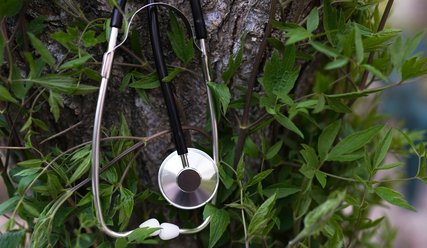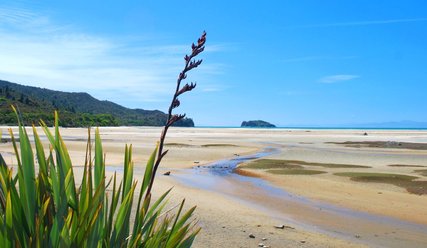What do our graduate doctors actually earn - and is it enough to keep them practising here?
After a six-year slog, often longer, at university, graduate doctors are hitting hospitals to try and make a difference to people’s lives.
But the New Zealand Resident Doctors' Association is concerned the low pay for long hours is scaring new doctors out of the country at a time of staffing shortages.
To become a doctor, students must first complete the health sciences first-year programme at the University of Otago, or the first year of either the bachelor of health sciences or bachelor of science in biomedical science at University of Auckland University, then complete a six-year bachelor degree followed by two years as house officer at a hospital.
A house officer is the title for a doctor who has not begun speciality training in the first two years after medical school.
After a six-year slog, often longer, at university, graduate doctors are hitting hospitals to try and make a difference to people’s lives.
But the New Zealand Resident Doctors' Association is concerned the low pay for long hours is scaring new doctors out of the country at a time of staffing shortages.
To become a doctor, students must first complete the health sciences first-year programme at the University of Otago, or the first year of either the bachelor of health sciences or bachelor of science in biomedical science at University of Auckland University, then complete a six-year bachelor degree followed by two years as house officer at a hospital.
A house officer is the title for a doctor who has not begun speciality training in the first two years after medical school.
Doctors’ salaries will increase in January to $66,949 for first years, $71,896 for second years, $75,571 for third years and $79,242 for fourth years.
But a doctors' association (NZRDA) spokesperson said most house officers never worked fewer than 50 hours a week, and almost all work at least 55 to 59.9 hours.
A house officer working a 55 to 59.9-hour-a-week roster at Auckland, Waitemata, Counties Manukau, Waikato, Hutt Valley, Capital and Coast, Canterbury and Southern DHBs earns $92,593 in year one and $99,742 in year two, while in other regions it was $96,058 in year one and $103,493 in year two.
The spokesperson said doctors’ pay was not up to standard.
“The NZRDA is concerned that pay rates in New Zealand continue to lag against those being paid in Australia, and the impact this will have on retaining this crucial workforce,” she said.
In one extreme example, an Australian outback town was this week reported to be so desperate for a GP, it was offering a salary of more than A$500,000, free accommodation and a car.
One doctor, who did not want to be identified, said 60% of the class she graduated with had moved overseas.
She said she could earn one-and-a-half times as much in Australia as she earned here, and would have fewer patients to look after. She and her husband, who is also a doctor, did a stint across the Tasman after they graduated.
“If we didn’t love New Zealand so much and want to see family as much, we probably would have stayed in Perth.”
According to the Ministry of Education the health industry was the second-highest paying industry for graduates last year, with an average starting salary of $64,000, although the ministry cautioned data covering a wide range of jobs could mask big differences.
Within the health bracket, medicine, veterinary, dentistry, and pharmacy graduates earned more than 30% more than nursing, rehabilitation-related jobs, and public health graduates.
Graduates could expect their salaries to quickly rise early in their careers, though.
The median salary for medical studies honours students after three years was $107,000, Ministry of Business, Innovation and Employment data shows.


